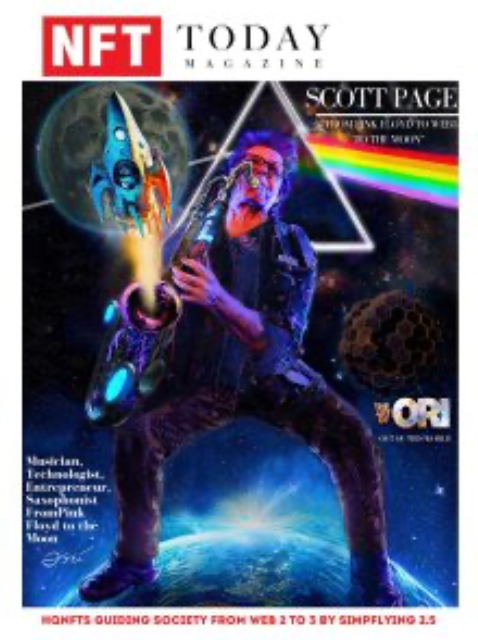Wall Street’s Blockchain Bet: Why Banks Are Quietly Pouring Billions into Crypto Infrastructure
Staff Writer • 2025-08-26
While crypto influencers scream about memecoins, the world’s most powerful banks are quietly reshaping the future of finance—on chain. Since 2020, global financial institutions have invested over $100 billion into blockchain infrastructure. Goldman Sachs is preparing for tokenized trades, HSBC just tokenized gold, and 90% of global finance leaders expect blockchain to reshape financial markets by 2028. But why now? To find out, I spoke with Curt Hopkins, CEO of MCQ Markets and founder of Consilian Ventures. Curt has seen both sides—Wall Street and Web3—and believes the blockchain moment for traditional finance isn’t coming. It’s already here. “Jamie Dimon said ‘over my dead body’ about crypto, but things have changed,” Curt told me. “The regulatory winds are shifting, and the biggest capital markets in the world don’t want to be left behind.” Crypto Was the Canary. Real World Assets Are the Gold Mine. Forget Bitcoin maximalism for a second. The real money is flooding into a category you’ve probably seen all over your LinkedIn feed: RWAs—Real World Assets. But here’s the twist: the assets aren’t really "real" in the tangible sense. “We’re talking treasuries, money markets, and private credit. These are financial instruments that now live on chain,” Curt explained. “And that allows crypto-native capital to earn real yield, in a regulated framework.” Projects like MCQ Markets are tokenizing everything from Lamborghinis to luxury handbags. Yes, really. Their Miami showroom lets investors co-own exotic collector cars like a 1986 Lamborghini Countach, which recently delivered a 14% return, net of fees. “You can kick the tires. Just don’t ask to drive them,” he joked. The platform is expanding into Birkin bags, Kellys, and other “alternative alpha” assets, including a new product for luxury car trading called McQueen Garage. Regulation Isn’t a Roadblock Anymore For years, founders were terrified of flying into the U.S., worried about SEC subpoenas. That fear is fading. “We’ve got guys like Paul Atkins pushing pro-innovation agendas inside regulatory bodies. These aren’t fringe players—they’re experienced operators who get the tech,” Curt said. The result? A wave of talent is moving back to the States. The irony, of course, is that Tether, the most profitable “bank” on earth per employee, isn’t even a real bank. And that fact is driving traditional institutions insane. “They see this small company printing money and realize they need to stop assuming crypto is just for criminals. There’s something here.” What Happens When EVs Meet Collector Culture? While MCQ is focused on gasoline-dripping nostalgia, Curt admits he owns an EV. He just doesn’t think they’ll replace collector culture. “A collector car isn’t a daily driver. It’s a piece of history. You don’t buy it for convenience—you buy it for identity and legacy,” he said. Even as Ferrari releases hybrids and enthusiasts retrofit old chassis with battery packs, the raw emotion of analog driving still commands a premium. “You can’t code the thrill of shifting gears.” Tokenization Isn’t a Trend. It’s the Future of Ownership. From art to assets, finance is being rebuilt with new rules—rules enforced by smart contracts and cryptographic trust. “The biggest opportunity isn’t just flipping JPEGs. It’s creating fractional access to the world’s most valuable real things.” And Curt believes we’re just getting started.
See More Posts
A look at how NFTS, Web 3, Gaming, Cryptocurrencies and Blockchain are reshaping businesses across the globe.
@NFT Today Magazine


